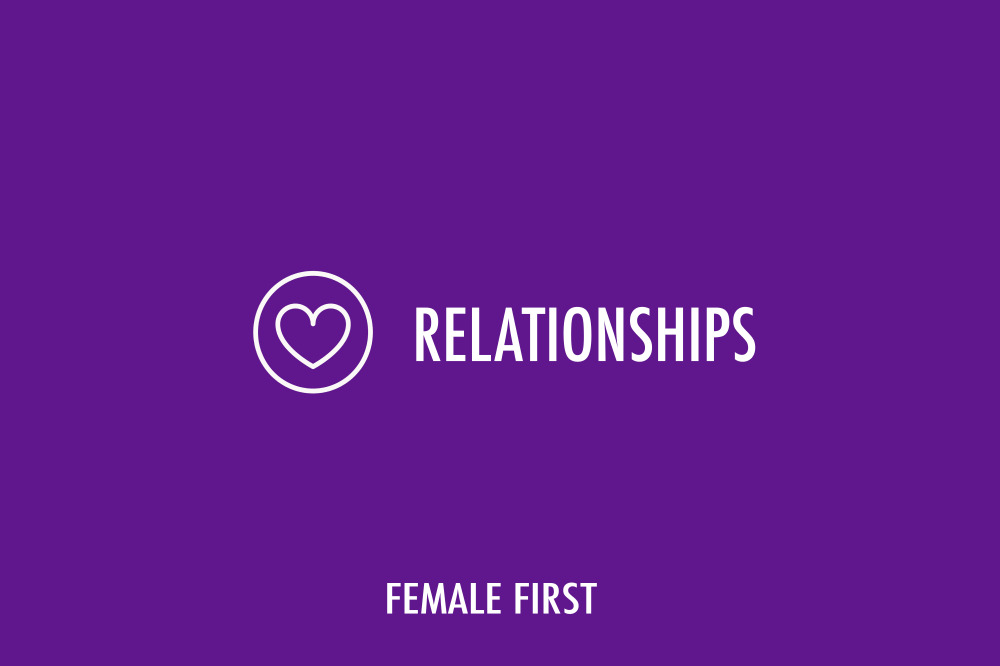by Coeliac UK

Image courtesy of Pixabay
Living free from gluten and dairy can be a challenge, but removing both from your diet can seem impossible!
Gluten is a protein found in wheat, barley and rye. It can be in foods like bread, cereals, and pasta, as well as processed foods like ready meals.
Dairy products are foods containing the milk of mammals (most commonly cows), such as milk, cream, cheese, butter and yoghurt.
National charity, Coeliac UK shares its top tips for living well gluten free and free from dairy, whatever your reason for removing these from your diet.
PLEASE NOTE: Many people with coeliac disease may be temporarily lactose intolerant, whilst the lining of their gut recovers from the damage caused by eating gluten. This means they don’t make enough lactase, the enzyme which digests lactose, and they require a temporary diet free from lactose, (this is not a diet free from dairy). To find out more about coeliac disease and lactose intolerance, visit: www.coeliac.org.uk/lactose-intolerance.
Get handy in the kitchen
It might surprise you that many dishes are naturally free from gluten and dairy – learning how to cook these from scratch could save you a lot of time and money. Chillies, curries and casseroles are just some of the simple and budget friendly options, which can be easily adapted.
Download Gluten Free Food Checker
If living without bread, pasta, cheese or chocolate sounds like your idea of a nightmare, don’t despair! Gluten free and free from dairy versions can be found in most supermarkets – try using Coeliac UK’s award winning Gluten Free Food Checker app to scan and search items during your shop (you’ll need to select milk in your allergy profile before shopping).
Learn to read food labels
It’s important to understand food labelling rules which makes it easier when checking ingredients. Gluten free is defined by law as having less than 20ppm (parts per million) of gluten. So, if you have a wheat allergy don’t assume gluten free means wheat free.
Currently, there’s no legal definition for ‘milk-free’ claims, but when used on labels the manufacturer must be sure that there is an absence of the allergen in the product.
Look out for precautionary allergen labelling such as ‘May Contain’ – these indicate that there is a risk of allergen cross contamination during the manufacturing process and if a product is labelled ‘vegan’ do not assume it’s also free from dairy as due to manufacturing, it might not be suitable for someone allergic to milk.
Maintaining a balanced diet
When following a diet free from gluten and dairy it’s important to ensure you still meet your daily intake requirements for nutrients such as calcium and fibre. Coeliac UK has information to help you keep on track with this: www.coeliac.org.uk/balanced-diet.
MORE: Seven things you should know before dating someone with coeliac disease
Call ahead
If you’re planning a meal out, call the venue in advance to explain your requirements, and check they can cater for your dietary needs. You could also check Coeliac UK’s Gluten Free on the Move app, which lists over 3,400 gluten free venues in the UK including those which have obtained the charity’s GF Accreditation.
Bring your own food
It’s always a good idea to bring something to eat if you’re visiting a new place, just in case you can’t find anything suitable once there. It might seem like an effort, but your hungry tum will thank you come lunch time! Don’t be scared to tell your friends and family about your new diet. Explain why eating gluten and dairy can cause you problems and let them know what they can do if they’re catering for you.
Avoid cross contamination
If you’re sharing a kitchen at home, try to keep your food and equipment like knives, and chopping boards separate from other people’s. This will stop gluten or dairy accidentally getting into your food.
Coeliac UK is the charity for people who need to live without gluten, and can help you if you have additional dietary requirements like no dairy. To find out more about becoming a member and accessing their award winning apps, information and recipes, visit www.coeliac.org.uk/join.
RELATED: 10 Ways you can support a partner with Coeliac Disease
Learn the basics about coeliac disease – Your partner will appreciate you understanding the basics of coeliac disease. Coeliac UK has produced a short animation explaining what happens when someone with coeliac disease reacts to gluten... to read more click HERE

Tagged in Gluten Free

